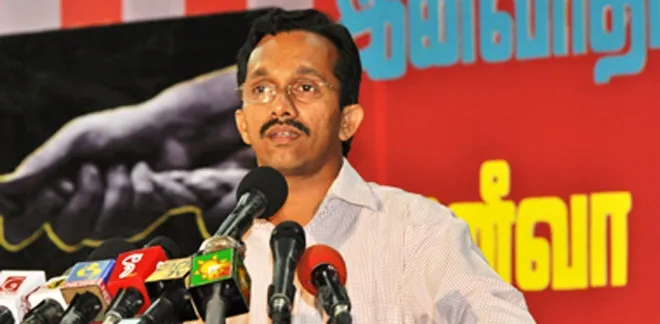The Janatha Vimukthi Peramuna (JVP)-led National People’s Power (NPP), will uphold the existing Provincial Council system, but does not view them as a definite solution for the ethnic issue in Sri Lanka, NPP Executive Committee Member Sunil Handunnetti said yesterday (17).
This, days after NPP leader Anura Kumara Dissanayake asserted that the Provincial Council (PC) system will remain unchanged under a government led by them in the future.
Last week, speaking at an event in London, Dissanayake reiterated the NPP’s stance that the Provincial Council system, while currently upheld, is not viewed as a definitive solution to the country’s national issues. He highlighted concerns from Tamil and Muslim communities, emphasising their belief that the Provincial Councils represent hard-won rights and any move to dismantle them could lead to unnecessary complications.
Speaking to The Daily Morning yesterday (16), Handunnetti noted further that the NPP will continue the PC system but believe that it is not a lasting solution. He also said that their policy is to continue the PC system in the current form until a lasting solution is identified.
Outlining the party’s approach to maintaining stability while seeking more permanent resolutions, Handunnetti said the entire party holds the same opinion when it comes to the devolution of power. “It is the opinion of our party that the Provincial Council system should be upheld as a means to devolve power and foster inclusivity within the existing framework,” Handunnetti asserted.
Handunnetti emphasised the NPP’s commitment to strengthening the Provincial Council system to ensure effective decentralisation of authority.
The Provincial Council system in Sri Lanka, established in 1987 under the 13th Amendment to the Constitution following Indian influence, has been a subject of debate and contention among various political factions. While some advocate for its enhancement as a tool for regional autonomy and ethnic harmony, others critique its efficacy and call for alternative models of governance to replace it. The 13th amendment, while being part of Legislation for over 30 years, remains a deeply divisive topic in Sri Lankan politics.


